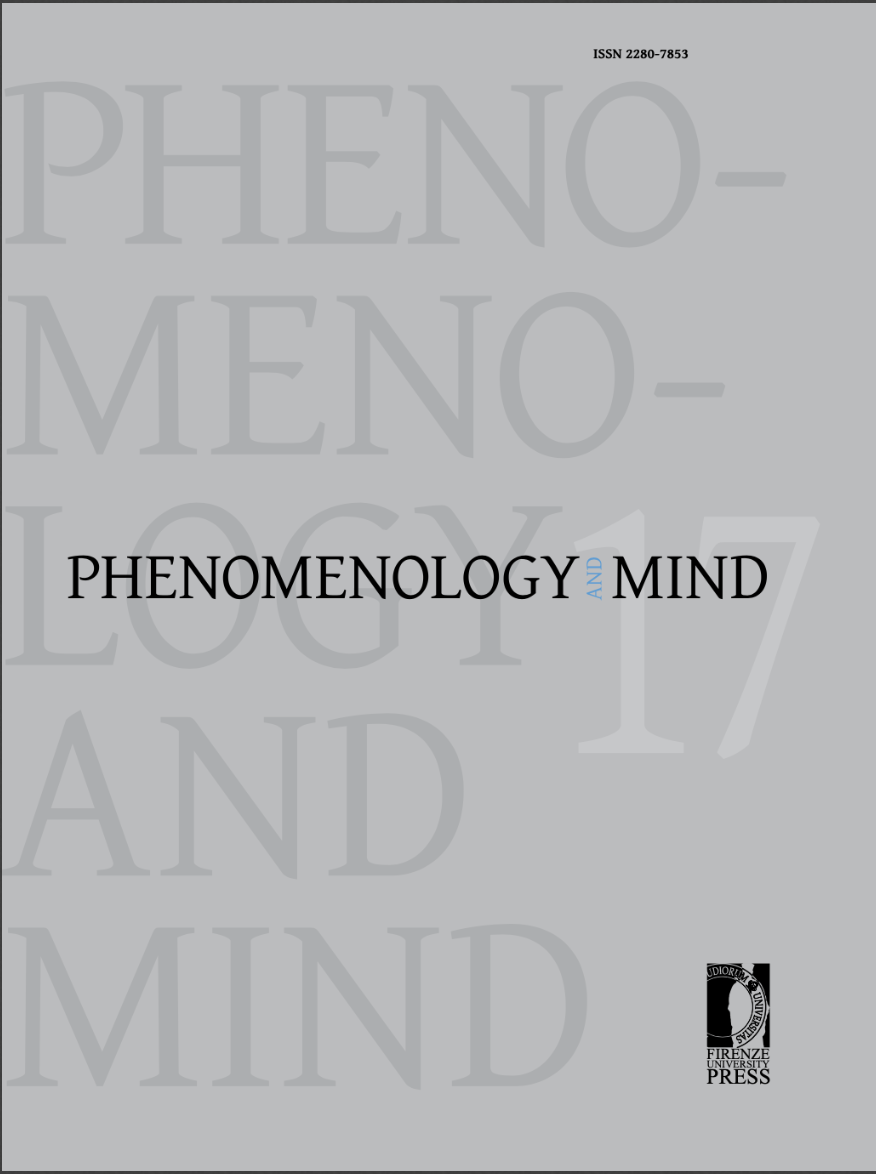Published 2019-03-13
Keywords
- experimental phenomenology,
- value theory,
- metaethics
How to Cite
Abstract
Are values more than measures of our needs and desires or internalized social and cultural rules of behaviour, originating in cultures and devoid of any universally accessible objectivity? Is there a place for values in a world of facts? If so, how can values preserve their ideality and normativity? If not, how can value judgements be true or false? Max Scheler’s Material Axiology is the best answer Classical Phenomenology provides to this dilemma. Yet Material Axiology, in particular material ethics of values, is largely ignored or looked down upon for being based on unclear presuppositions. This paper tries to provide a fresh start by clarifying the bottom-up approach characteristic of phenomenology with an exercise in experimental phenomenology in which I will analyse the actual experience of certain aesthetic values in emotionally qualified perception.

